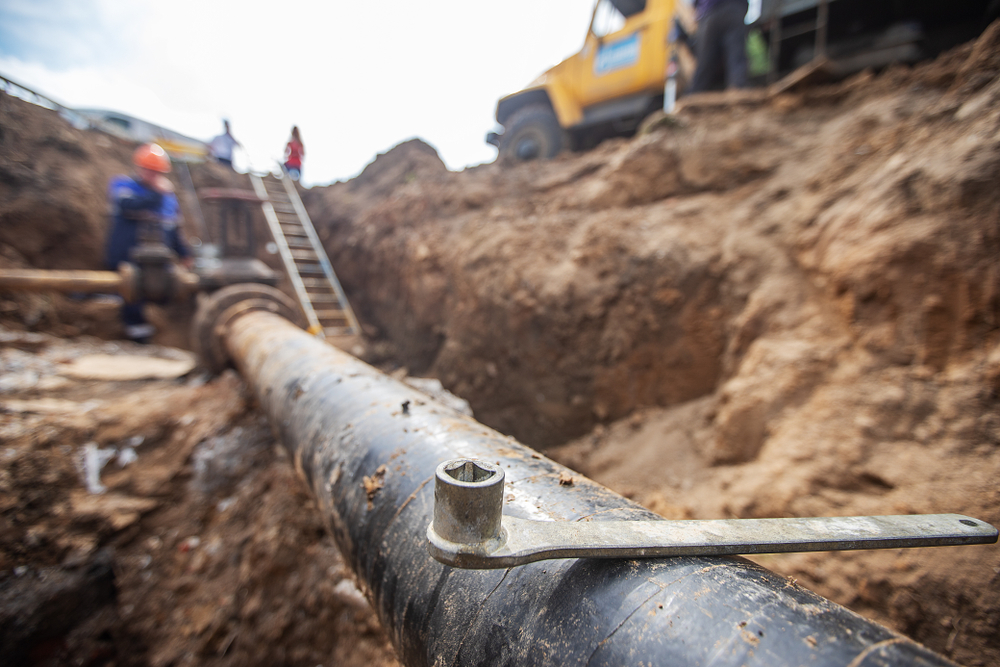
Testifiers at a public hearing held recently by state Rep. Steve Barar, chairman of the House Veterans Affairs and Emergency Preparedness (VAEP) Committee, highlighted the need for an emergency response plan in the event of a pipeline leak as well as regulations designed to make pipelines safe.
“One of the top priorities of the VAEP Committee is ensuring public safety, and today’s hearing demonstrated the need for improvement in the event of a pipeline emergency,” Barrar said. “The quicker we can communicate effectively at that critical time, the more lives we’ll be able to save.”
Barar noted that currently, there is little uniformity between municipalities in how response plans are prepared and shared with residents. There is also often a hierarchy of people who must make decisions before information is shared with the public.
Tim Boyce, director of Delaware County’s Department of Emergency Services and the county’s emergency management coordinator, testified that some plans are not suitable for certain community members such as people in nursing homes and those without smartphones who would not receive mass alerts.
Testifiers from the Pennsylvania Emergency Management Agency and the Pennsylvania Office of the State Fire Commissioner (OSFC) expressed their dedication to training emergency responders to prepare them for potentially compromised pipelines. More than 500 emergency responders have received pipeline training through the OSFC.
“It is our job as policymakers to ensure that the public remains safe and that private industry, as well as state and local governments, do everything possible to prevent dangerous emergency situations from occurring in our communities,” Barrar said. “Together, we must enhance safety measures to protect the public.”